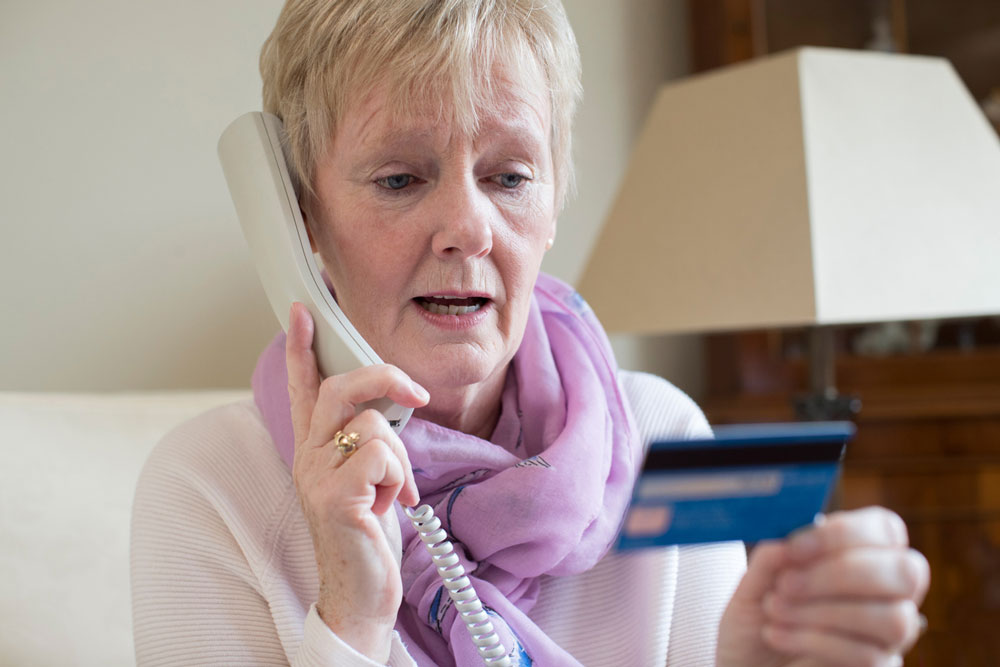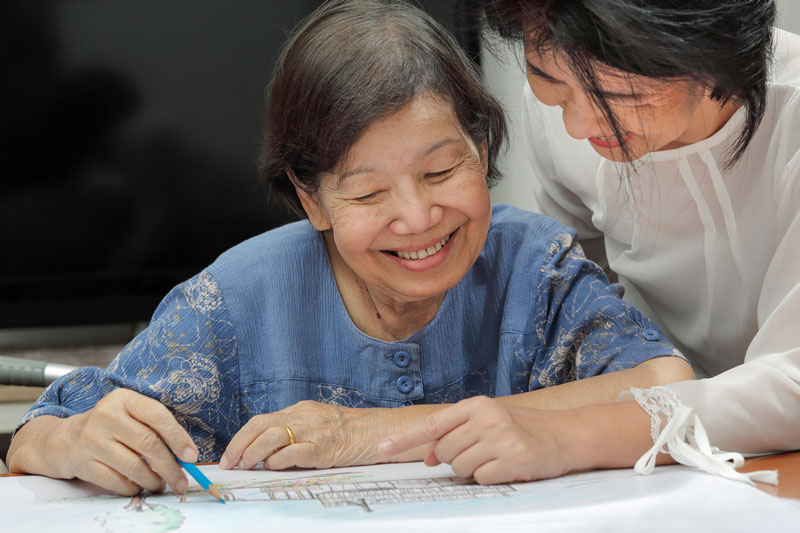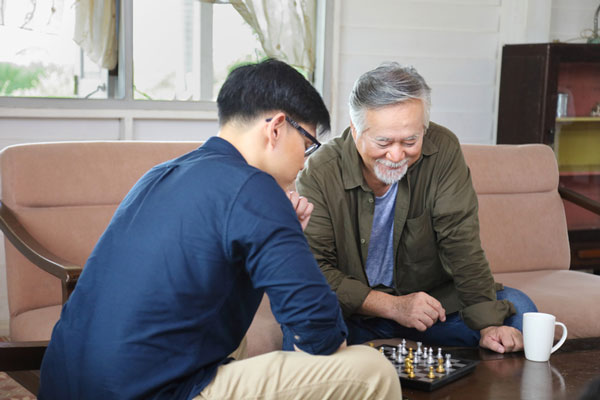
Caregiver Advice: How to Keep Your Senior Loved Ones Connected with the Family
As we age, it becomes more difficult to stay connected with family members who are living in different parts of...
Continue Reading
As we age, it becomes more difficult to stay connected with family members who are living in different parts of...
Continue Reading
As our loved ones age, they’re often viewed as easy targets by online scammers. This is mostly due in part...
Continue Reading
Do you have an elderly family member who has gone from being busy to not having much to do? Unfortunately,...
Continue Reading
If you have an older loved one who still lives at home with Alzheimer’s disease or another type of dementia,...
Continue Reading
It’s only natural that as we age, the social circle you once counted on might dwindle and opportunities to be...
Continue Reading
If you have an aging loved one with Parkinson’s in your family, you’ve seen firsthand the effects this disease can...
Continue Reading
The long gloomy days of winter are quickly becoming a thing of the past. For many, summer weather filled with...
Continue Reading
Many people who have Alzheimer’s disease receive daily assistance from their family, partners, and friends but it can be difficult...
Continue Reading
It’s not easy to come to the decision to hire care for your elderly loved one. There are many different...
Continue Reading
It’s never easy to admit that your parents are aging and potentially becoming less and less capable of taking care...
Continue Reading